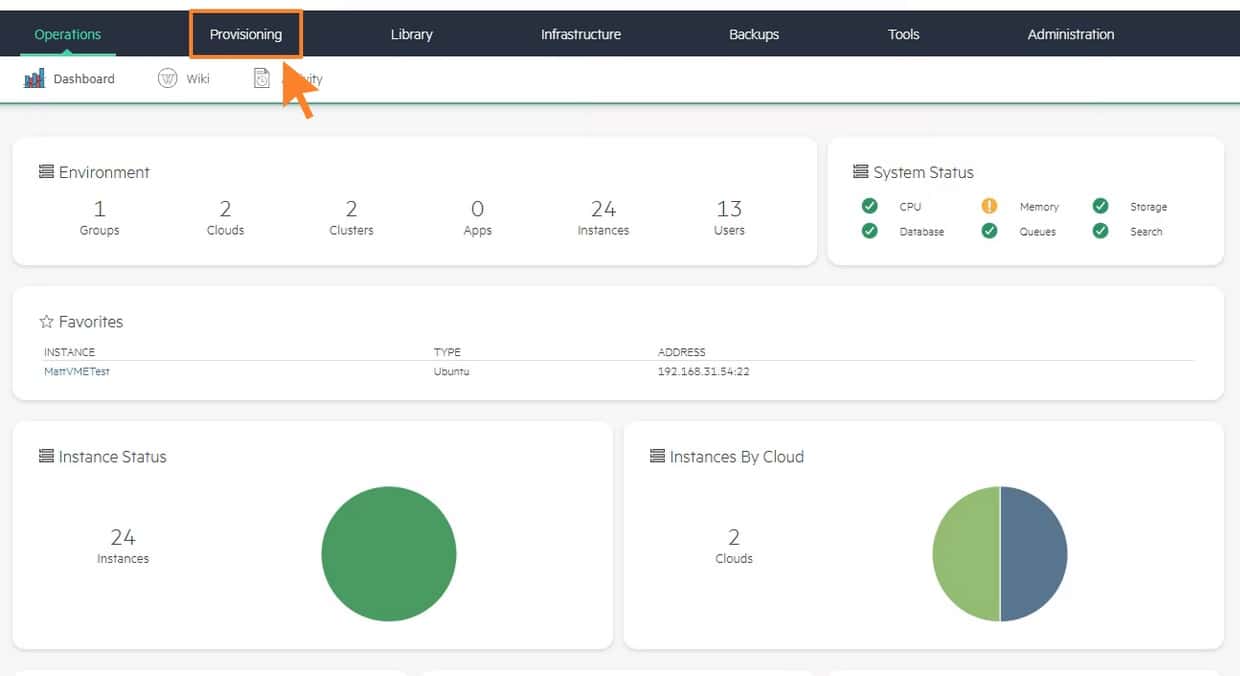In a strategic move that could transform the virtualization market, Hewlett Packard Enterprise (HPE) has announced the official availability of HPE VM Essentials Software, a KVM-based solution positioned as a high-level alternative to VMware vSphere. This initiative comes in response to the increasing demand from customers seeking viable options following Broadcom’s acquisition of VMware and the resulting price hikes.
A Scalable Enterprise Solution
What began in November 2023 as a project to turn KVM into an enterprise-ready solution has evolved into a comprehensive virtualization platform. HPE VM Essentials Software not only allows the creation and management of virtual machines (VMs) within its own ecosystem but also offers compatibility with VMware vSphere, facilitating a smooth transition for customers.
The solution is designed with a simplified interface for efficient management, and thanks to HPE’s acquisition of Morpheus Data, the software already boasts a proven and scalable technological foundation capable of managing thousands of VMs effortlessly.
Morpheus Data: The Key to Development
HPE was already collaborating with Morpheus Data before acquiring the company in 2024. The integration of its technology has allowed HPE to develop a solution that not only manages VMs across various hypervisors and clouds but also enables seamless migration between private and public environments. Furthermore, the platform incorporates an automation layer and a self-service portal that makes virtualization more accessible for IT teams and other business units.
For now, HPE VME only utilizes a fraction of Morpheus Data’s technology, but the company has confirmed that it will evaluate incorporating more features in the coming months.
A Cost-Effective Alternative to VMware’s New Model
The new licensing model from Broadcom for VMware has had a significant impact on organizations that solely use VMware vSphere, many of which are now required to migrate to VMware Cloud Foundation (VCF), a suite of solutions that can cost up to 12 times more. HPE VME emerges as a cost-effective solution, allowing customers to opt for socket-based licenses without the need to adopt an entirely new infrastructure.
The software can be deployed in HPE GreenLake’s private cloud solutions and is also compatible with third-party hardware such as Lenovo, Dell, or Supermicro, providing flexibility for companies looking to retain their existing infrastructure.
Competing with VMware and the Future of Virtualization
HPE aims not only to provide an alternative to VMware in terms of virtualization but also in storage and security. Companies like Commvault and Cohesity have already signed agreements to offer backupA backup is a copy created and stored of data. solutions compatible with HPE VME, while Zerto, part of HPE, offers instantaneous recovery capabilities.
In terms of security, HPE does not yet have an equivalent solution to VMware NSX, but its acquisition of Aruba and the planned purchase of Juniper could enable it to develop software-defined networking capabilities in the near future.
Automation and Kubernetes: Upcoming Additions
Automation within HPE VME is also a priority. The technology acquired from Morpheus Data will facilitate the integration of advanced features into HPE’s GreenLake offerings, potentially extending automation capabilities to other services beyond VM management.
Additionally, HPE plans to merge its existing Kubernetes offerings with HPE VME so that containers and VMs can be managed from a single control panel—an essential strategic step aligned with market trends.
A Safe Bet?
In just a year, HPE has transformed from developing an experimental solution to launching a direct competitor to vSphere, equipped with scalable infrastructure ready for enterprise adoption. With the support of strategic partners and the flexibility to deploy in various environments, HPE VME could emerge as one of the primary alternatives to VMware in the coming years.
The success of this strategy will depend on the speed of adoption and HPE’s ability to continue innovating in the virtualization sector. Meanwhile, VMware customers now have a viable option to avoid the high costs of Broadcom’s new model, which could signify a paradigm shift in the industry.
via: Techzine

